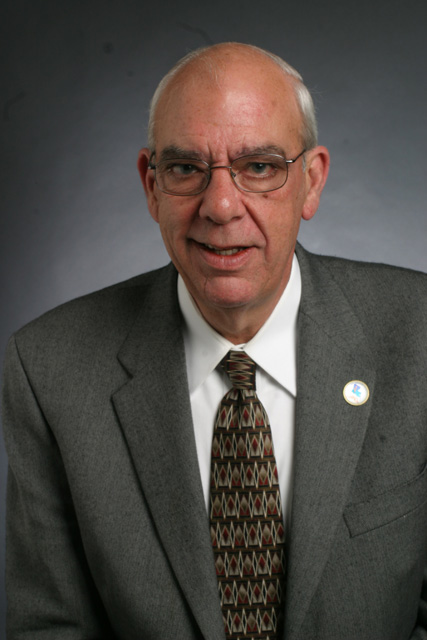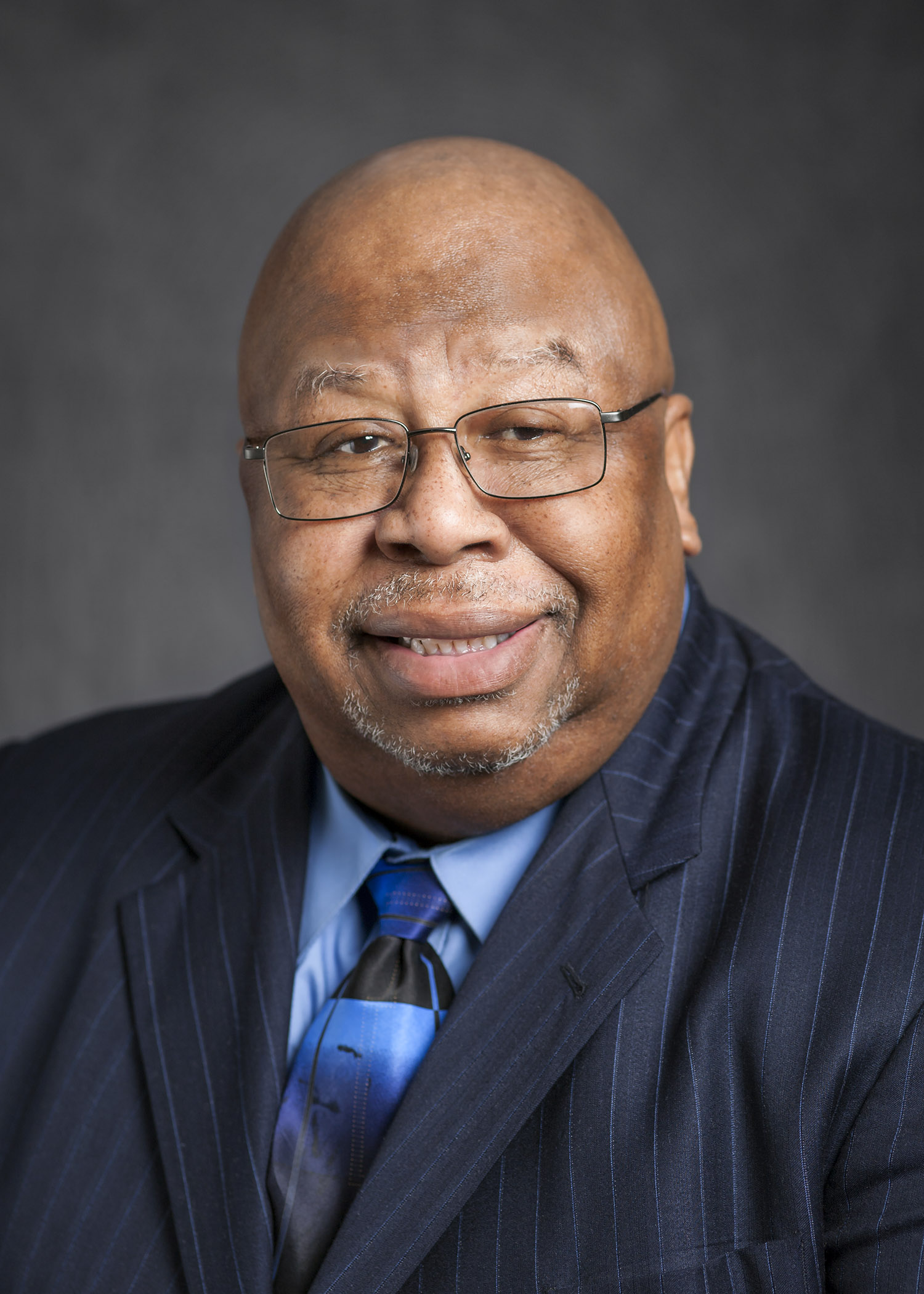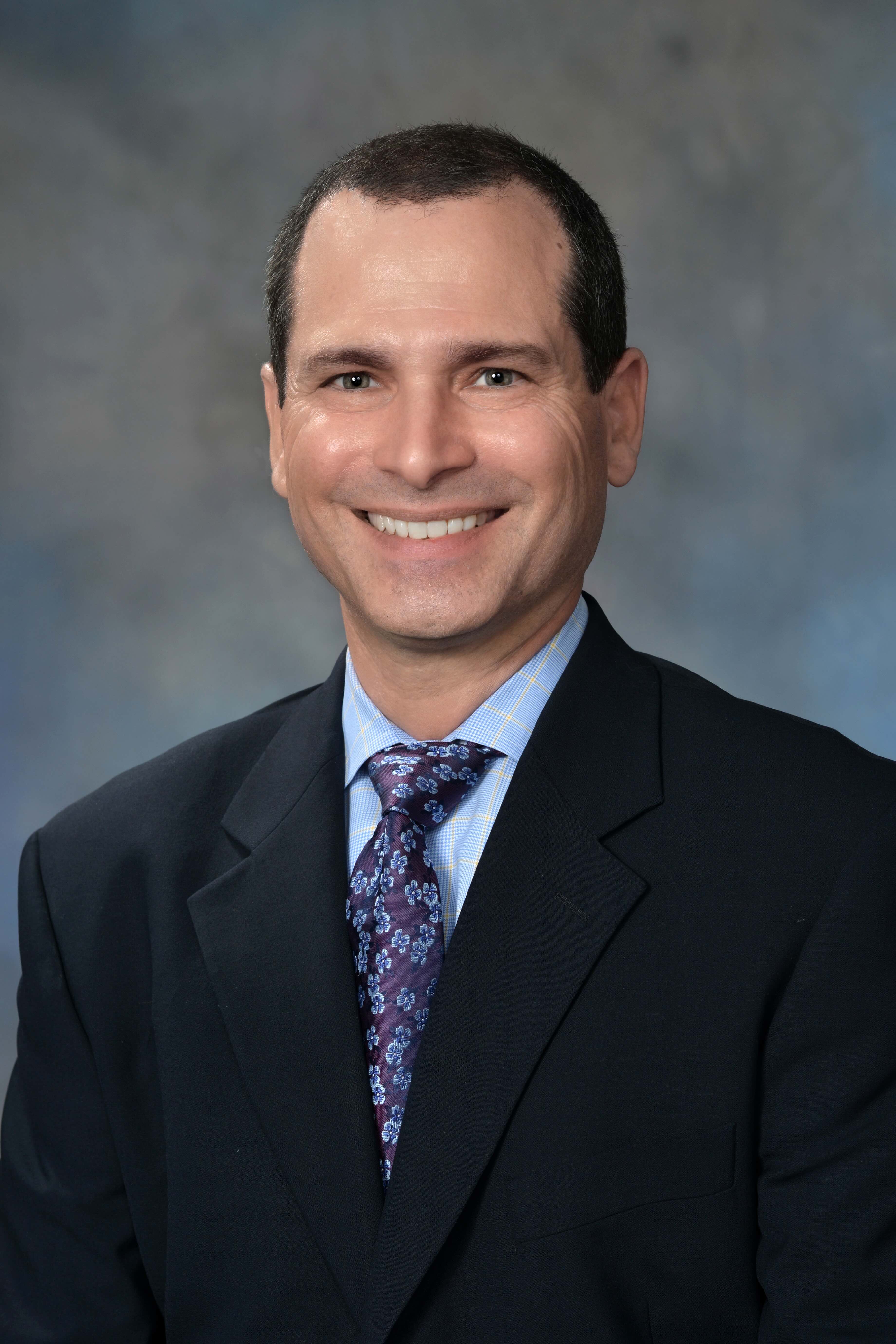LSU College of Science Hall of Distinction Honorees
2025
The LSU College of Science’s Hall of Distinction recognizes individuals who have distinguished themselves in their endless pursuit of excellence and fervent dedication to scientific leadership. Through their extraordinary achievements, outstanding characters, and commitments to their communities, the college’s honorees have established lasting legacies of excellence in their individual fields. When appropriate, the college will also recognize an industry partner who has made a transformational investment or is engaged in a dynamic conversation with the potential of high-value to LSU and to our college.
Join us as we recognize the exceptional accomplishments of the College of Science’s 2025 Hall of Distinction honorees.
John Wefel, PhD - Professor Emeritus, Physics & Astronomy

Dr. John Wefel is a distinguished physicist whose five-decade career has advanced high-energy astrophysics, space physics, and science education. He earned his Ph.D. from Washington University in St. Louis in 1971 and held research positions at the U.S. Naval Research Laboratory and the University of Chicago before joining LSU in 1982, becoming a full professor in 1989.
A leader in space science, Dr. Wefel was the founding director of the Louisiana Space Grant Consortium (LaSPACE) and Louisiana’s NASA EPSCoR program, securing over $22 million in research funding. He played a key role in major cosmic ray experiments, including the ATIC balloon missions over Antarctica and the CALET observatory on the International Space Station, contributing to a 2008 Nature paper suggesting a possible dark matter signal. His contributions earned him recognition as a Fellow of the American Physical Society in 2004.
Beyond research, Dr. Wefel was dedicated to science education, supporting thousands of students and educators through LaSPACE and co-founding the National Space Grant Alliance to advocate for STEM programs. He also co-directed the International School of Cosmic Ray Astrophysics for two decades, mentoring young scientists from around the world. His leadership helped expand opportunities for students to engage in hands-on space research, including high-altitude ballooning projects that introduced many to careers in aerospace and physics.
Since retiring from LSU in 2013, he remains active as Professor Emeritus, continuing to support space science initiatives and inspire the next generation of researchers. His ongoing involvement in space research ensures that his contributions to astrophysics and education will have a lasting impact for years to come.
Isiah Warner, PhD - Boyd Professor Emeritus, Chemistry

LSU Boyd Professor Isiah Warner is a renowned chemist, educator, and mentor with nearly five decades of academic experience. A leading expert in analytical and materials chemistry, he has authored 380 refereed publications and pioneered advancements in fluorescence spectroscopy, measurement science, and materials chemistry, leading to 10+ patents and the development of GUMBOS with applications in nanotechnology, environmental chemistry, and drug development.
Warner’s groundbreaking research has earned him numerous accolades, including the Presidential Young Investigator Award from President Reagan, the ACS Award in Analytical Chemistry, and election as a Fellow of the American Academy of Arts and Sciences, the Royal Society of Chemistry, and the National Academy of Inventors.
A dedicated mentor and STEM education advocate, he has received the Presidential Award for Excellence in STEM Mentoring, the Carnegie/CASE Louisiana Professor of the Year, and multiple awards for advancing diversity in STEM. As Chair of LSU’s Chemistry Department, he transformed it into the nation’s top producer of African American Ph.D. graduates in chemistry. He also founded the LSU Office of Strategic Initiatives, securing $50 million to support underrepresented students.
Born in segregated Bunkie, Louisiana, Warner overcame significant barriers to become a trailblazer in science and education. His legacy continues to shape equity, innovation, and excellence in STEM.
Dr. Erich Sturgis - Alumnus, Executive Committee and LSU Foundation National Board member

Dr. Erich Sturgis is a nationally recognized surgical oncologist specializing in head, neck, and thyroid cancers. He spent 23 years at MD Anderson Cancer Center, where he performed over 4,000 complex cancer surgeries and advanced research on HPV-related oropharyngeal cancer. He now serves as a professor and deputy chair at Baylor College of Medicine, continuing his dedication to patient care, research, and education.
A proud LSU College of Science alumnus, Dr. Sturgis has remained deeply connected to his alma mater through mentorship and philanthropy. A third-generation Tiger, his family’s legacy at LSU includes his grandfather, Madison B. Sturgis, for whom Sturgis Hall is named.
A dedicated advocate for students, Dr. Sturgis has played a key role in LSU’s Prehealth Advising Support and Education (PHASE) Program, mentoring premedical students and helping secure MD Anderson externships that have provided invaluable clinical experience. Between 2016 and 2020, 24 LSU students participated in this initiative, with many advancing to medical and doctoral programs. He frequently returns to campus to share career insights and guidance.
Dr. Sturgis and his wife, Shannan, have been members of the College of Science Dean’s Circle since 2015, and he served as Chair of the College of Science Executive Committee from 2019 to 2022. He also spearheaded the creation of a $500,000 endowed graduate scholarship in Chemistry and Biochemistry, honoring his grandmother, Adah Proctor Sturgis, and pioneering women in science. His unwavering support continues to shape opportunities for LSU students and future scientists.